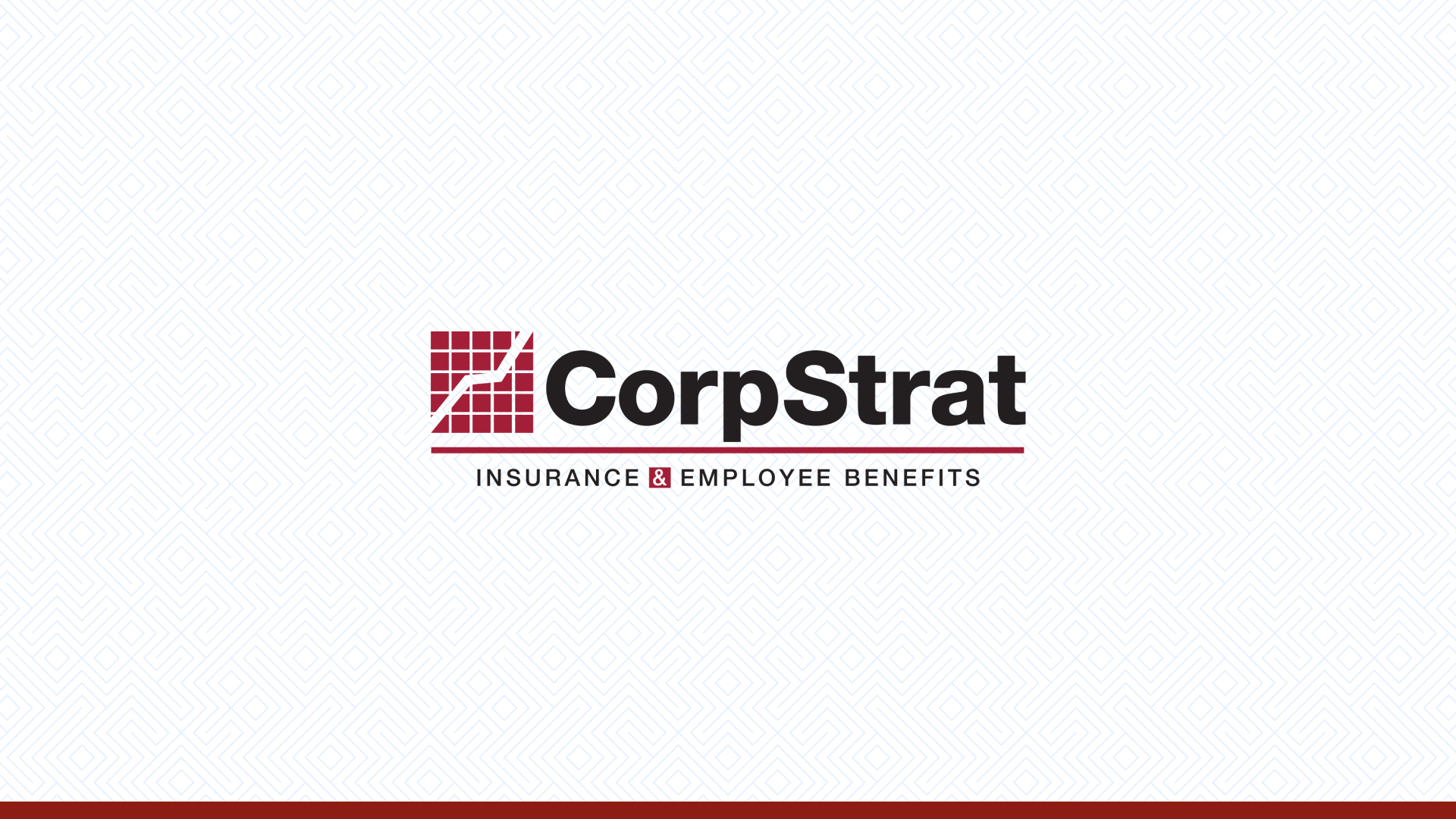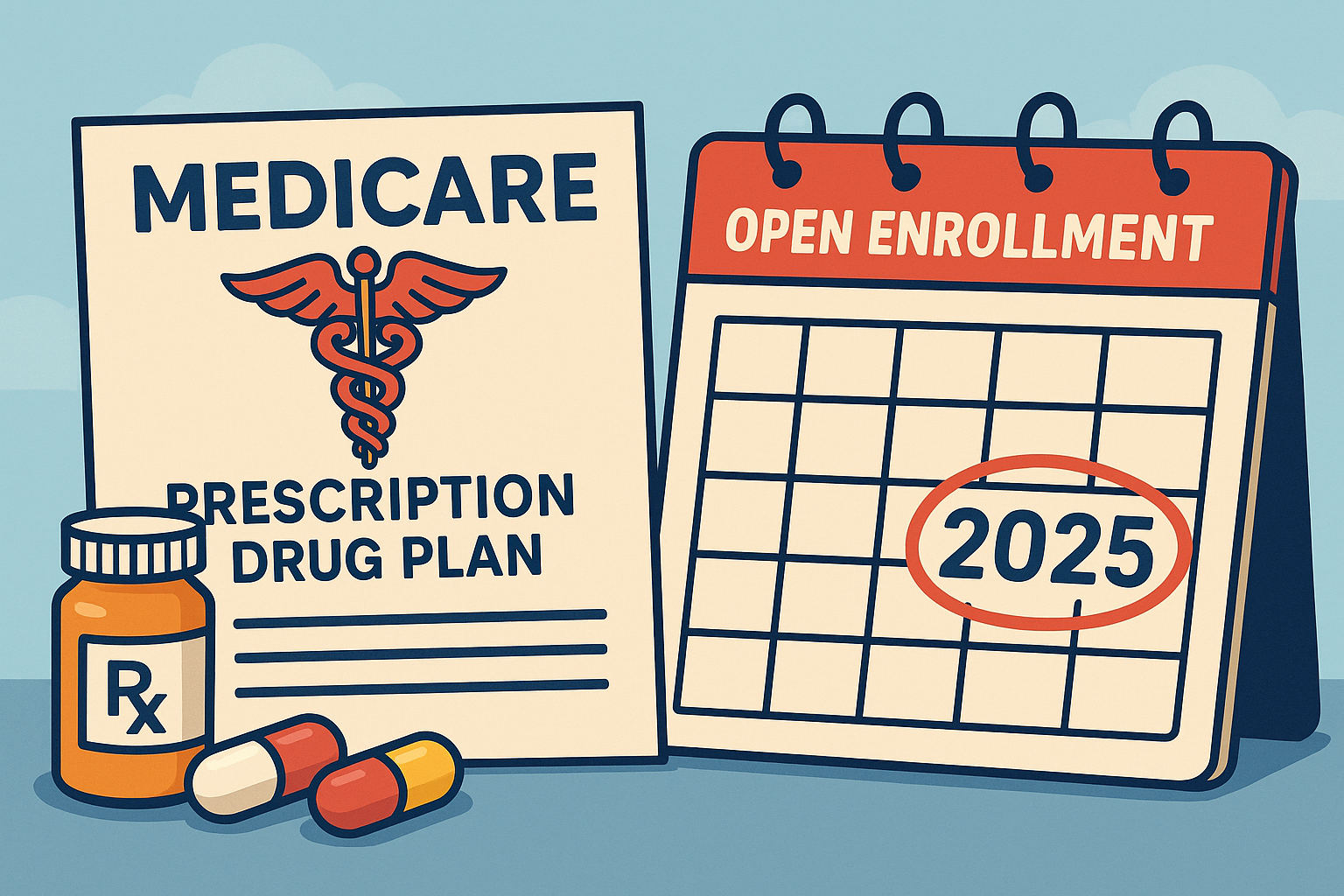July 22, 2014
The U.S. Court of Appeals for the D.C. Circuit released a 2-1 decision today in the Halbig v. Burwell case determining that the IRS and the federally facilitated exchange marketplace was not authorized to distribute premium tax credit subsidies to individual exchange consumers. The court determined that the Patient Protection and Affordable Care Act (PPACA) unambiguously restricts the availability of subsidies to insurance purchased in state-based exchanges, and that the IRS regulation acted outside of the parameters of the PPACA by making available subsides via the federally facilitated and partnership exchanges. While this decision could eventually have huge ramifications for the health reform law, it is very important to note that the ruling does not change anything regarding the distribution of subsidies or cost-sharing assistance, the operation of the federally facilitated exchanges or enforcement of the employer mandate for the time being. In making its ruling, the D.C. Circuit Court made a very specific decision not to immediately block subsidies, acknowledging that their decision will be appealed right away.
The Obama Administration has already announced its plan to appeal today’s ruling to the full D.C. Circuit Court. Furthermore, there are two other cases still pending before other circuit courts and, in addition to those two pending cases and the D.C. Circuit Court’s ruling, a conflicting ruling was also issued today on an almost identical case by the 4th Circuit Court of Appeals in Richmond. That court ruled unanimously 3-0 that the IRS has acted correctly in allowing tax subsidies to be issued via all federal and state-run exchange states. These conflicting rulings mean that this issue will almost certainly be appealed to the U.S. Supreme Court later this year. If and when head by the Supreme Court, we can expect a final decision regarding the availability of subsidies in federally facilitated marketplaces no sooner than June 2015.
So what does this mean for you as an agent and your clients right now? Since there are conflicting rulings and the decisions are being appealed, no action will be taken in the federally facilitated marketplaces to enforce the D.C. Circuit Court ruling on an immediate basis. This means:
◾The federally facilitated marketplaces will remain fully operational and you may continue to work with your clients to obtain coverage in the marketplace.
◾Premium tax credit subsidies and cost-sharing assistance in both the state and federally facilitated marketplaces will continue to be distributed for the time being, and likely will be continually distributed until a final decision is made in Halbig v. Burwell or a similar case by the Supreme Court.
◾Current clients with subsidized coverage are unaffected by the ruling.
◾If the Supreme Court ultimately rules like the D.C. Circuit Court and strikes subsidies moving forward, based on current legal precedents, clients that currently have or will receive a subsidy in the future will likely not have to repay those subsidies retroactively, assuming that the individual was legally eligible for the subsidy at the time of receipt.
◾The current special enrollment period (SEP) rules are still in place, and open enrollment will begin on November 15, 2014, as planned.
◾If you plan on selling in a federally facilitated marketplace during the upcoming open enrollment season that begins in November, you should continue to register to do so.
◾The individual and employer mandates are still in place and employer-client compliance efforts relative to the employer mandate should continue unchanged.



